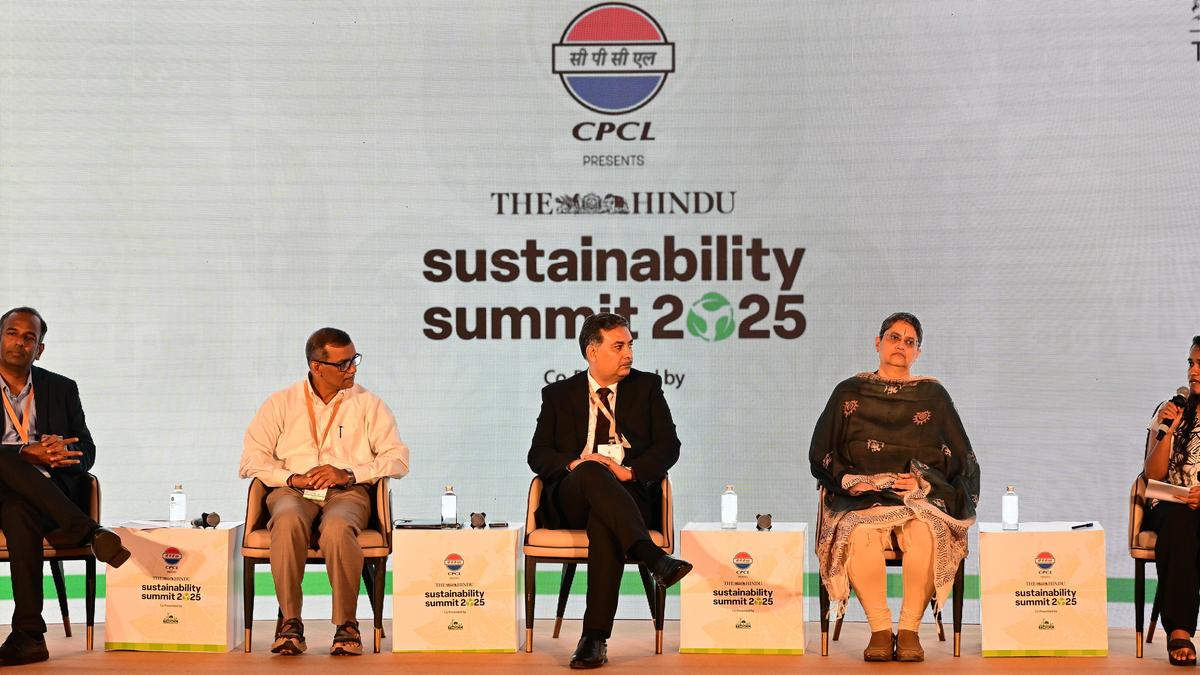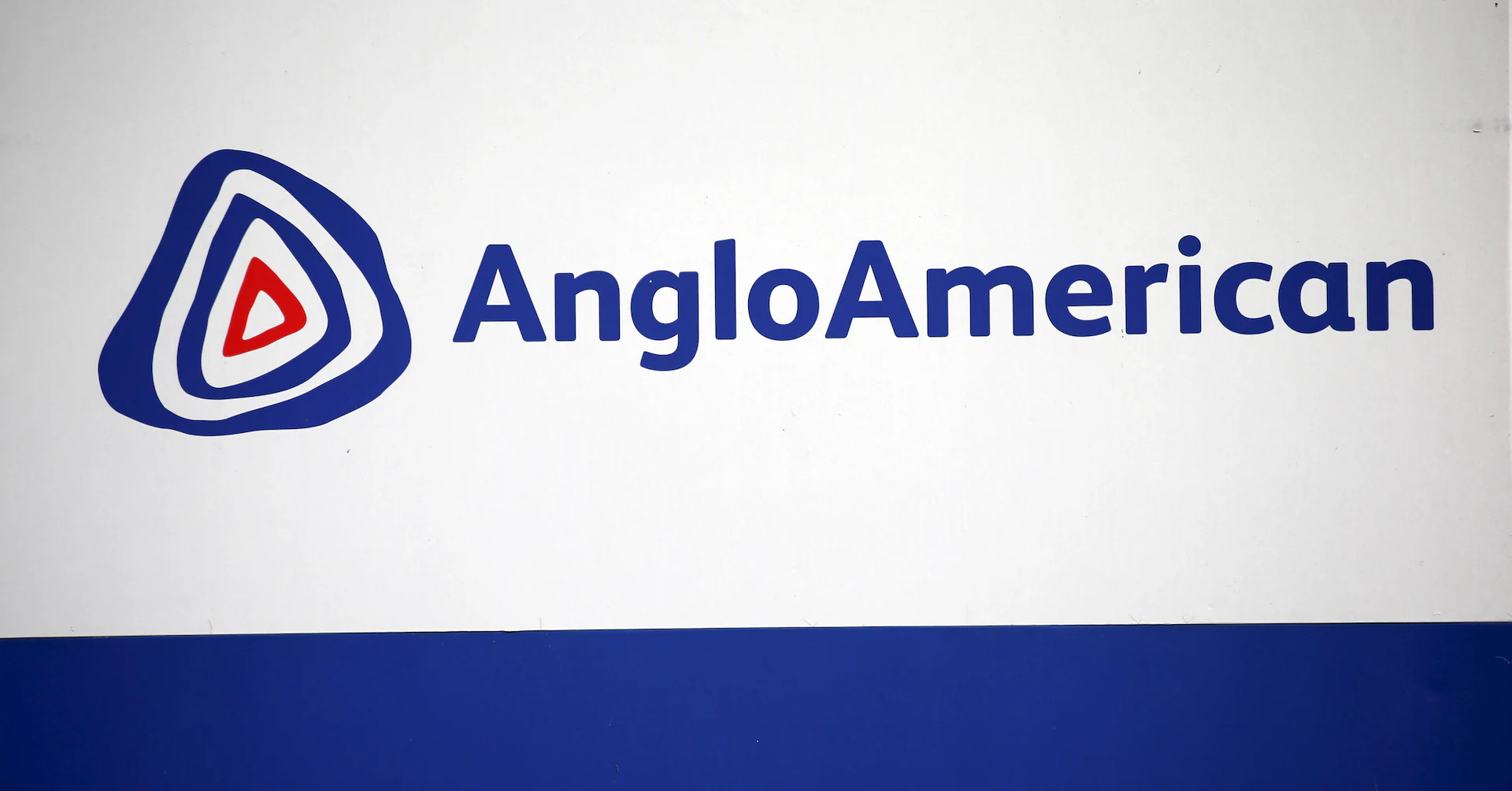Copyright thehindu

Skill development and societal engagement are the need of the hour to address the gaps in adopting clean technologies, said panellists at a session organised as part of The Hindu Sustainability Summit 2025 held in the city on Friday. Speaking at the session on ‘Clean Tech for a Sustainable Tomorrow-Accelerating Innovation in Clean Technologies to Reduce Emissions and Energy Footprints’, Shiva Nagendra, professor, Department of Civil Engineering, IIT-Madras, said the adoption of clean technology solutions is part of a transition towards achieving a low-carbon future and there is a need to keep pace with the current requirements. Research institutions and industry should join hands to address these challenges. As for innovations that could help in emission reduction, he highlighted the need for installing air purifier devices. Air quality monitoring stations could be designed to report pollution levels and control emissions. Such systems have been installed in various cities and they should be scaled up. He also pointed to automated road dust collectors as another solution. Responding to a question on Confederation of Indian Industry’s efforts to facilitate collaboration between start-ups with innovative clean tech solutions and industry, Kiran Ananth, Deputy Executive Director, CII-Godrej Green Business Centre, said there is a disconnect between industries and several start-ups offering innovative ideas. Many of the start-ups are not yet technologically ready for commercial deployment. CII supported business acceleration at various levels, including financial assistance for start-ups’ commercial deployment, through programmes like ASCEND. Nearly 10-15 start-ups are identified every year to make them commercially viable. While industries should understand start-ups and co-create, start-ups must also equip themselves for the industrial ecosystem, besides developing clean technology solutions, he said. Panellists also noted that achieving the country’s ambitious goal of net zero emissions by 2070 needs a change in mindset along with technological advances. While technologies are available, the scale of adoption varies across industries, and companies need solutions based on their operational requirements. Responding to a question on Larsen & Toubro’s efforts to cut carbon footprint, Santhosh Kumar Singh, Chief Sustainability Officer, L&T, said decarbonisation was not a separate vertical and it was integrated into the company’s projects. Two-pronged approach Noting that L&T followed a two-pronged approach and is prudent about its carbon footprints, he said the company’s infrastructure and energy projects for clients, including solar power plants, are designed to reduce embodied carbon emissions. Besides the use of green materials, the company is exploring the use of geo-polymer and started constructing net zero buildings. Elaborating on Building Information Modelling (BIM), Sumithra Vasudevan, Associate Partner, APROBUILD, said designs are modelled virtually by incorporating different systems. This helps to reduce design errors and eliminate the need for demolition or energy wastage during construction. The use of a BIM model ensures low-carbon designs and optimal material use. However, it is now primarily used in large-scale projects. Geetha Srimathi, senior reporter, The Hindu, moderated the discussion. The summit is presented by Chennai Petroleum Corporation Limited and co-presented by the Tamil Nadu Green Climate Company. The sustainability partner is Navin’s. The associate partner is NLC India Limited, and the green partner is Larsen & Toubro. The television Partner is Puthiya Thalaimurai. While the industry partner is the Confederation of Indian Industry, the knowledge partner is the Sustainable Energy and Environment Council. The digital news partner is The Federal.



